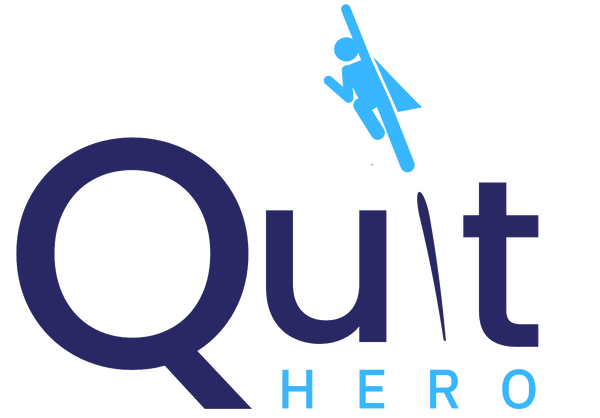
Queensland Boosts Crackdown on Illicit Tobacco and Vaping
Share
Queensland’s latest Health Budget has set a new record, and part of that investment is going straight into fighting the illegal tobacco and vape trade. The Crisafulli Government has announced $12.7 million in funding to expand enforcement efforts, with more than 40 new public health officers joining the frontline.
This comes as part of the state’s $33.1 billion Health Budget, with the aim of protecting Queenslanders, especially young people, from dangerous and addictive products.
A Stronger Enforcement Effort
The funding will see 43 new officers placed across Queensland’s 11 public health units and compliance teams, giving authorities more capacity to act quickly against rogue traders. Officials say this represents a 25% increase in enforcement capability, which means:
-
More inspections and raids
-
Higher chances of shutting down illegal operators
-
Fewer illicit products reaching the community
This follows major operations such as Operation Appaloosa, where more than 76,000 vapes, 19 million illicit cigarettes, and 3.6 tonnes of tobacco were seized — a haul worth over $20.8 million on the street.
Why This Matters
Public health experts have welcomed the investment, highlighting that tobacco and vaping continue to cause serious harm:
-
Cancer Council Queensland noted that tobacco is the leading cause of cancer in the state, while vaping has been linked to cancer-causing chemicals and acts as a potential gateway to smoking for young people.
-
The Heart Foundation stressed that both smoking and vaping increase risks of heart disease, making it vital to prevent illegal products from falling into young hands.
-
The Lung Foundation Australia supported the crackdown, pointing to the significant and preventable burden of lung disease linked to both tobacco and vaping.
Protecting Future Generations
This budget boost reflects a broader, zero-tolerance approach to the black-market trade of tobacco and vapes. By increasing enforcement, Queensland aims to:
-
Reduce access to harmful products among children and teenagers
-
Uphold decades of progress in tobacco control
-
Minimise the long-term health burden associated with nicotine addiction
